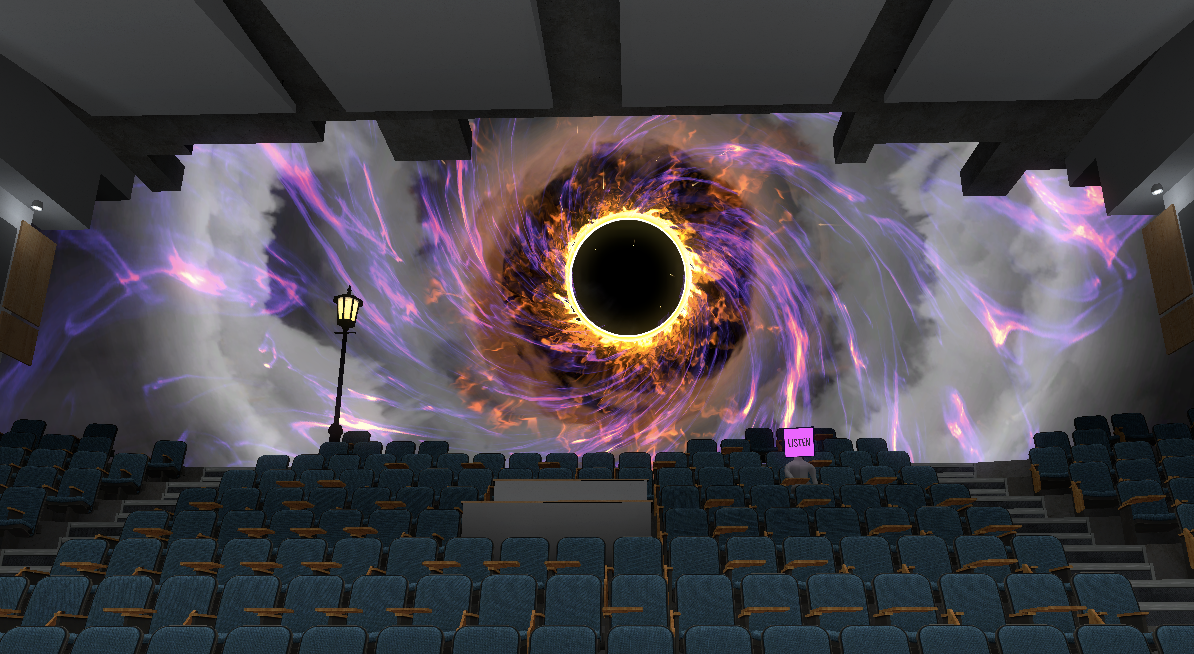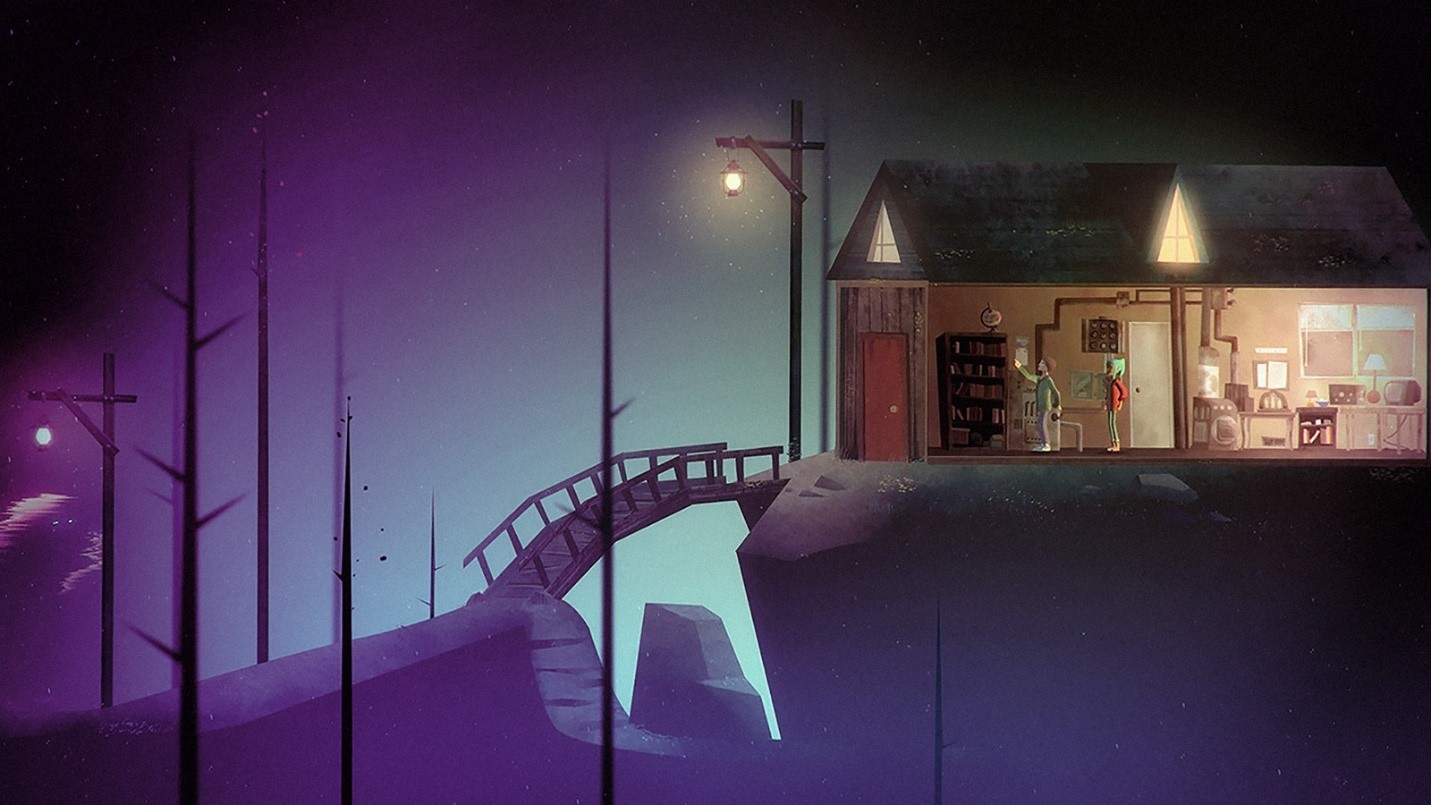My earliest memory that comes to mind is actually playing football (soccer) with my neighbors. I wasn’t really good at it, but I had fun. The adrenaline and excitement kept me wanting more; there was a goal and the person, or rather group who wanted it the most ended up becoming the winner. To me, that was it. Nothing intricate, I just wanted the feeling of knowing that I bested the opposition. This of course easily translated into video games later on.
What is it “to game” though? Is it just to kill time? Digital entertainment? Completing objectives until you arrive at the credits roll? Or perhaps beating your opponent like my little story? It sure is for many— at least back then. Don’t get me wrong, many early roleplaying games such as Baldur’s Gate (1998) and Planescape: Torment (1999) focused more on the story and characters to deliver an experience that caters to an audience that craves a weighty adventure. Then you also have your LucasArts games such as The Secret of Monkey Island (1990) and Grim Fandango (1998) where the puzzle elements of the game are only secondary to the witty dialogue and ludicrous plot points that transpire, but other than those titles and a select few, the majority of games emphasized on gameplay, and there’s nothing wrong with that. After all, it is a video game.
However, when you reach a roadblock in gaming innovation that utilizes a physical controller, there’s only so much you can do; you can have a shooter where you fire away at moving targets, fighting games that test your reflexes, adventure games that take you from point A to point B— you get the idea. When developers have exhausted the possibilities of how this interactive medium should behave, they rely on other methods: some gimmicky, others just tacky. If you go back into the roots and fundamentals of what contributes as entertainment and leisure to us humans though, and you realize it’s always been storytelling.
So, why play games for their story though? Why not read a book or watch a movie? Apart from the argument that story based games lets you decide the outcome of events and shape the story. I think there’s more to it than that.
Immersion and Having Control
When the story revolves around your actions instead of the writer’s predetermined ideas then the story becomes dynamic—it can branch off into different tales, sometimes with subtleties others times it’s more drastic. I did mention that this should not be the only factor, and that there’s more to it than simple semantics. Your choices in narrative games cannot be something that leaves a feeling of binary-ness, it must give the impression of weight and consequence. In other forms of storytelling the protagonist is usually who the viewer feels empathy or remorse for, but in games, we embody that character whether they are premade or user generated. At this point our conscience is the one being questioned not the prewritten hero.
Pacing

According to a few reputable sources online, the average age of a gamer is 30. At that point in their life, they are usually responsible adults (hopefully) with obligations outside gaming. There’s a funny saying I saw before that compared kids not having enough money to purchase games versus an adult who has all the money but lacks the time. Thankfully, the rise of episodic gaming emerged, where developers release games in chunks just like TV shows that are usually around 2 hours long per episode, some of my personal favorites are Telltale’s The Walking Dead (2012) and Life is Strange (2015). They both adhere back to the golden age of 90s adventure games, and surprisingly still work despite having outdated gameplay mechanics that are sugarcoated with classic marketing tactics like “Take control of your destiny!” or “Who will you save?”.
With this luxury, it allows developers to refine each story without the dreaded deadline that usually plagues many games that are rushed to store shelves. This might sound unfavorable toward gamers or other content consumers that binge (they can still binge if they wait until all episodes are released), but can be the perfect solution to gamers who can’t commit. Sometimes it’s nice to just hop in and enjoy the journey without the need to finish a checklist of side quests.
Other Aspects Still Apply
Video games can be a form of artistic expression. There, I said it. I have been perusing over forums and articles that have many people debating over the topic; and to me, if a game successfully evokes emotions— not just awe or some form of epiphany but also anxiety and disgust, then in my opinion it counts as art. Of course, I am not saying every game IS art since you got your sports games and esoteric management games like Football Manager (2017) but it can still be argued that the aesthetic work or vision put into those titles can still be considered as “art”, and that’s the beauty of it all. It’s subjective and open to discussion and critique.
There is this indie game called Oxenfree (2016) which is a supernatural mystery thriller that has you literally moving your character from one edge of the screen to the other without opposition at a snail’s pace that can be mind-numbingly monotonous thanks to all the backtracking involved. Even the original Super Mario Bros. from the 80s made traversing the screen from left to right fun and exciting, yet Oxenfree remains one of my favorite “gaming experiences” ever. Notice I didn’t just say favorite game, but rather gaming experience(s), that’s because the satisfaction I obtain from it differs from more traditional games that are mainly mechanically or competitively fulfilling. It’s all about the emotions and the personal bond you form rather than the skills you’ve improved upon, or even the stats you increased. It’s almost abstract when looking back at it, at times you become afraid to replay it because of the fond memory you have of it, which may shed light in many of its shortcomings, and that’s okay. You are entitled on how you want to feel about something.
As a whole, when it comes to gameplay, it evolves through different generations, each milestone becomes a product of its time that serves to represent the progression of how games are played, when talking about storytelling however, its methods on delivering an experience remains unscathed—tapping into our inner self and triggering the very things that make us human.





